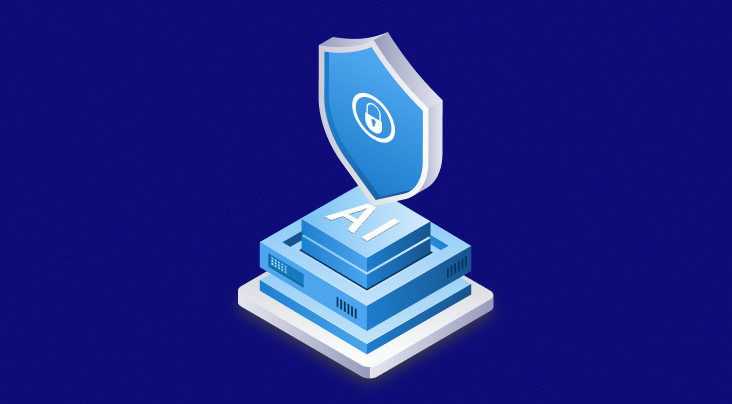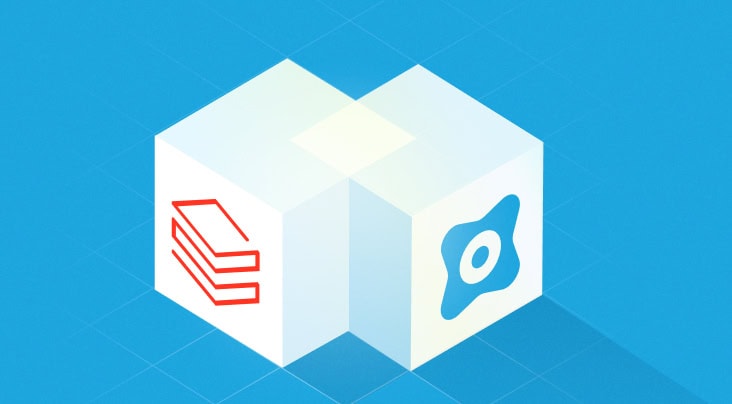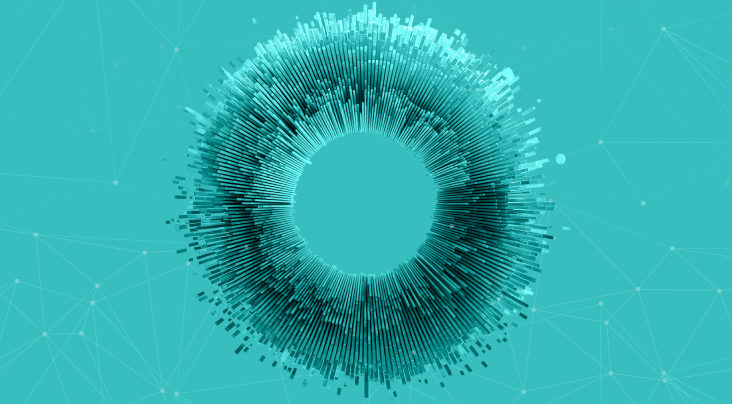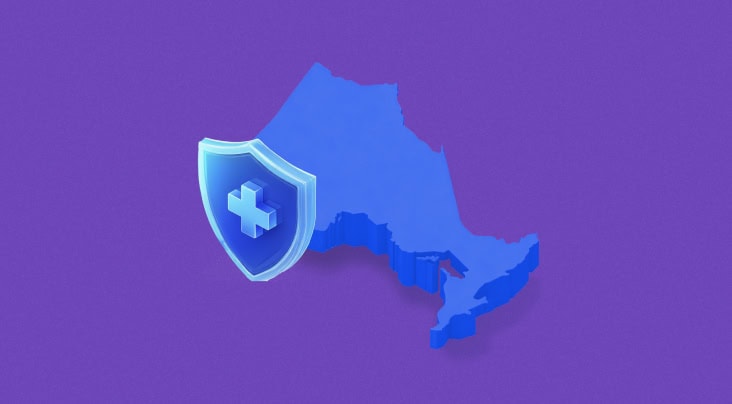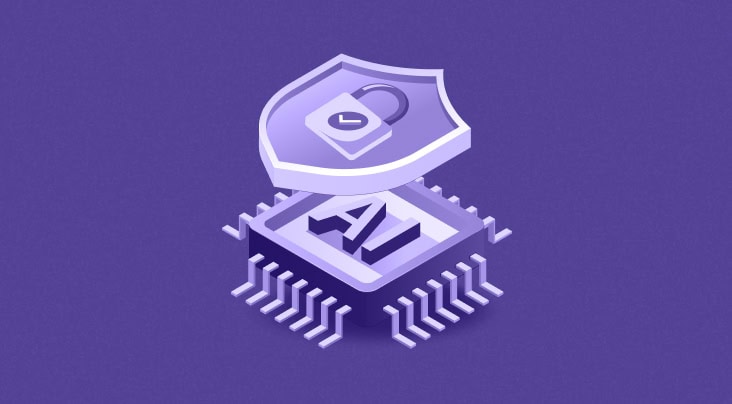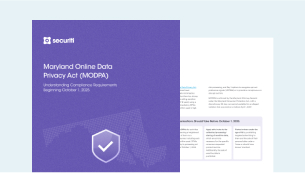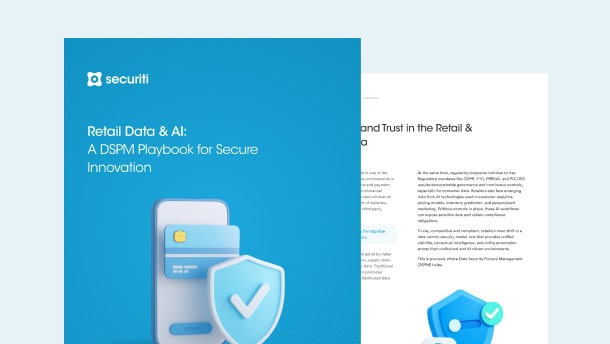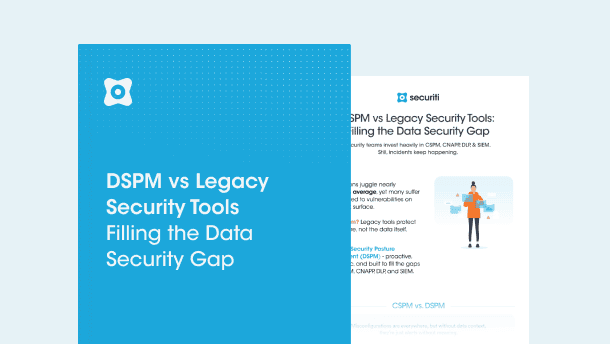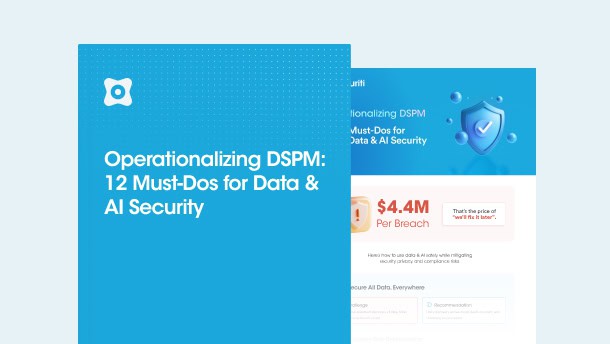POPIA stands for the Protection of Personal Information Act. It is a data protection law in South Africa that governs the collection, processing, and protection of personal information.
The main purpose of POPIA is to protect individuals' personal information by regulating how organizations collect, process, store, and share that data. It aims to balance the rights of individuals with the legitimate interests of businesses.
POPIA and GDPR (General Data Protection Regulation) share similar principles in terms of data protection. However, they are distinct regulations with differences in scope, requirements, and applicability. GDPR applies to the European Union, while POPIA applies to South Africa.
POPIA outlines rules for the lawful processing of personal information, defines individuals' data protection rights, and imposes responsibilities on organizations to protect data. It sets guidelines for obtaining consent, notifying individuals, and handling data breaches.
Organizations, including platforms like WhatsApp, must assess and implement measures to ensure compliance with POPIA's provisions when processing personal data in South Africa.
The four main aims of POPIA are:
- Promoting Protection: Promoting the protection of personal information processed by public and private entities.
- Balancing Interests: Striking a balance between individuals' right to privacy and the legitimate interests of businesses.
- Transparency: Ensuring transparent data processing practices.
- Enforcing Accountability: Holding organizations accountable for compliance with data protection principles.
Examples of POPIA provisions include obtaining informed consent before processing personal data, notifying individuals about data processing, and implementing measures to secure and protect data.
Two main purposes of POPIA are to safeguard individuals' personal information from misuse and to establish guidelines for responsible and transparent data processing by organizations.
To become POPIA compliant, organizations need to:
- Assess current data processing practices.
- Develop privacy policies and procedures.
- Obtain consent for data processing.
- Implement data security measures.
- Provide individuals with data access and correction rights.
- Establish processes for handling data breaches.
Yes, POPIA is a law in South Africa. It was enacted to regulate the processing of personal information and protect individuals' data privacy rights.
POPIA protects various types of personal data, including but not limited to names, contact details, identification numbers, financial information, employment history, and more. It encompasses various personal information that organizations handle in their operations.







